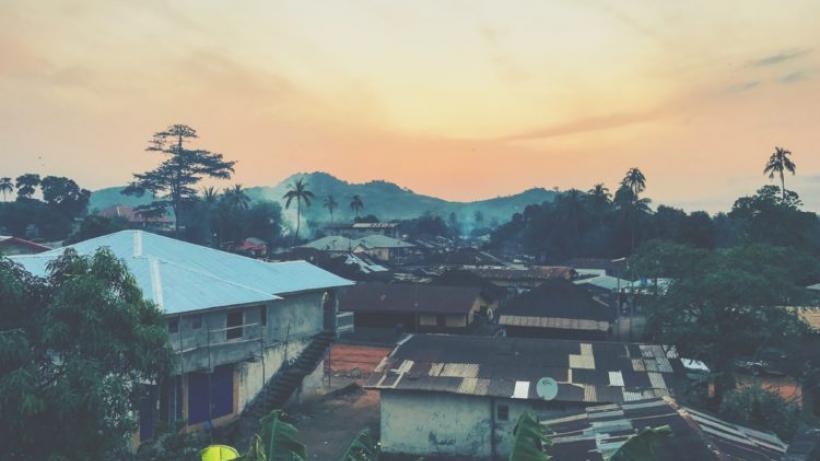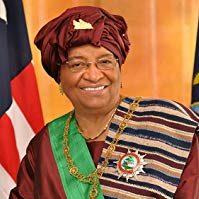
The underlying causes of fragility and instability in Sierra Leone
-
Press Release
PDF document • 328.15 KB
This event launches the Sierra Leone country case study The underlying causes of fragility and instability in Sierra Leone and discusses the findings of the LSE-Oxford Fragility Commission's report Escaping the fragility trap.
It is anticipated that by 2030, about half of the world’s poor will be living in fragile states. Fragile societies are trapped in a syndrome of interlocking characteristics making it harder to make sustained progress. State fragility has been the cause and consequence of some of the world's major challenges including extreme poverty, mass migration, and terrorism.
Notwithstanding the brief periods in the history of Sierra Leone in which there was semblance of state consolidation and the country was moving towards peace, stability, and development, the country is among 50 countries classified as fragile states (2017 Fragile States Index). Conflict seems to pervade most of the country’s history. This includes a number of military coups after independence and a history of social unrest which resulted in a brutal civil war that lasted for over a decade. The recent high level of corruption in public offices, continued manipulation of the judiciary, and the use of state security, particularly the police, to protect unpopular decisions are all features of fragility and have the tendency to degenerate into violent conflict.
The event aims to generate frank discussions on the nature of the country’s fragility and its impact on future growth and stability.
You can view the photos from the event here.





